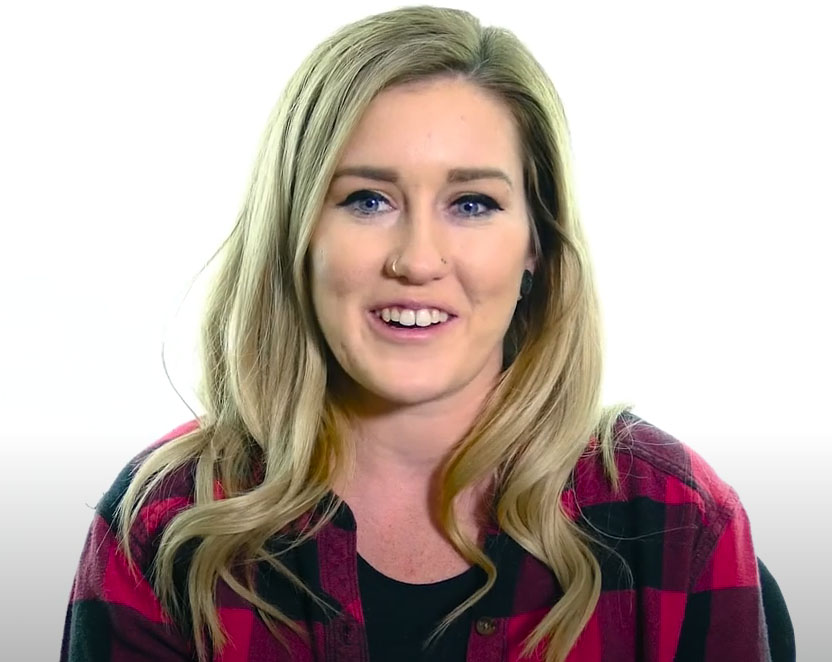
Oxycodone addiction poses a significant challenge in Jacksonville, necessitating the implementation of effective treatment options to address this issue. The treatment landscape for opioid addiction, including oxycodone, typically involves a combination of medical intervention and behavioral therapy.
Medications such as methadone, buprenorphine, and naltrexone are commonly employed to facilitate the treatment process. However, medically supervised detoxification may be essential, despite the potential for painful withdrawal symptoms.
Residential drug and alcohol treatment is widely regarded as a crucial component for individuals grappling with oxycodone addiction, as it can help prevent the transition to heroin addiction. Seeking professional assistance from an Oxycodone Addiction Treatment Center is strongly advocated in this regard.
The Managed Care Center for Alcohol and Other Drugs (MCCAOD) in Jacksonville is an organization dedicated to providing comprehensive care for substance dependency. They offer a continuum of care for individuals seeking treatment, and their contact information is readily available for those interested in reaching out. The MCCAOD website offers valuable insights into their treatment programs, insurance options, as well as resources and news pertaining to addiction treatment.
Treatment options for oxycodone addiction in Jacksonville include a combination of medical treatment and behavioral therapy. Commonly used drugs such as methadone, buprenorphine, and naltrexone are utilized to manage withdrawal symptoms and cravings. Medically supervised detox is crucial to ensure the safety and comfort of individuals during the withdrawal process. Residential drug and alcohol treatment provides a structured environment where individuals can receive comprehensive care and support for their recovery journey.
Medical treatment plays a crucial role in addressing the physical aspects of addiction, while behavioral therapy focuses on addressing the psychological and emotional factors that contribute to substance abuse. These two approaches work together to provide a holistic approach to treating oxycodone addiction.
Methadone, buprenorphine, and naltrexone are commonly used medications that can help manage withdrawal symptoms and cravings. Methadone is a synthetic opioid that is used to reduce cravings and withdrawal symptoms. Buprenorphine is a partial opioid agonist that can also help manage cravings and withdrawal symptoms. Naltrexone is an opioid antagonist that blocks the effects of opioids and can reduce cravings.
Medically supervised detox is important to ensure the safety and comfort of individuals during the withdrawal process. This process involves the gradual reduction of oxycodone dosage under medical supervision, allowing the body to adjust to lower levels of the drug. It may also involve the use of medications to manage withdrawal symptoms and provide support during this challenging period.
Residential drug and alcohol treatment provides a structured environment where individuals can receive comprehensive care and support for their recovery journey. These programs typically include a combination of individual therapy, group therapy, support groups, and educational sessions. The goal is to provide individuals with the tools and resources they need to overcome their addiction and build a strong foundation for long-term recovery.
Recovery from oxycodone dependence at specialized centers can help individuals regain control of their lives and break free from the grip of opioid addiction. Visiting an oxycodone addiction treatment center in Jacksonville offers several benefits.
Firstly, these centers provide a comprehensive approach to treatment, combining medical interventions with behavioral therapy. This holistic approach addresses both the physical and psychological aspects of addiction, increasing the chances of successful recovery.
Additionally, these centers often utilize medications such as methadone, buprenorphine, and naltrexone, which have proven efficacy in managing withdrawal symptoms and reducing cravings.
Residential drug and alcohol treatment provided by these centers ensures a supportive and structured environment for individuals to focus on their recovery.
By seeking professional help at an oxycodone rehab program, individuals can prevent the transition to more dangerous substances, such as heroin, and increase their chances of long-term sobriety.
Quitting substance abuse cold turkey can be dangerous. Learn how to safely detox - and make it last - by reaching out. All calls are 100% free and confidential.
(855) 398-9837The MCCAOD (Managed Care Center for Alcohol and Other Drugs) in Jacksonville provides a continuum of care for individuals struggling with substance dependency. Their mission is to offer comprehensive treatment programs to help individuals overcome their addiction to oxycodone and other substances.
The center offers various services, including medical treatment, behavioral therapy, and residential drug and alcohol treatment. They understand the importance of combining medical intervention with therapeutic approaches to address the physical and psychological aspects of addiction.
The MCCAOD aims to provide a safe and supportive environment for individuals to detoxify from oxycodone, as well as to develop coping skills and strategies for long-term recovery. With their dedicated team of professionals and evidence-based treatment approaches, the MCCAOD is committed to assisting individuals in their journey towards a drug-free and healthier life.
For more information, individuals can contact the center via phone or email, or visit their website for additional resources and program details.

The long-term effects of oxycodone addiction include physical and psychological dependence, increased risk of overdose and death, damage to vital organs, impaired cognitive function, and negative impact on relationships, employment, and overall quality of life.
Family members can support a loved one going through oxycodone addiction treatment by providing emotional support, attending therapy sessions or support groups together, educating themselves about addiction, setting boundaries, and encouraging healthy activities and habits.
Alternative treatment options for oxycodone addiction include cognitive-behavioral therapy, support groups, and holistic approaches such as acupuncture and yoga. These interventions can complement medical treatment and help individuals address underlying issues contributing to their addiction.
Common triggers and relapse warning signs for individuals in recovery from oxycodone addiction include stress, social isolation, encountering drug-related cues, negative emotions, and lack of support. Recognizing and addressing these factors can help prevent relapse and maintain recovery.
Yes, financial assistance is available for individuals seeking oxycodone addiction treatment in Jacksonville. MCCAOD offers treatment programs and accepts insurance. For more information, individuals can contact MCCAOD at 1-866-303-3480 or email info@mccaod.com.
Quitting substance abuse cold turkey can be dangerous. Learn how to safely detox - and make it last - by reaching out. All calls are 100% free and confidential.
(855) 398-9837
© 2026 Phoenix Clinic of Florida. All Rights Reserved | Sitemap
